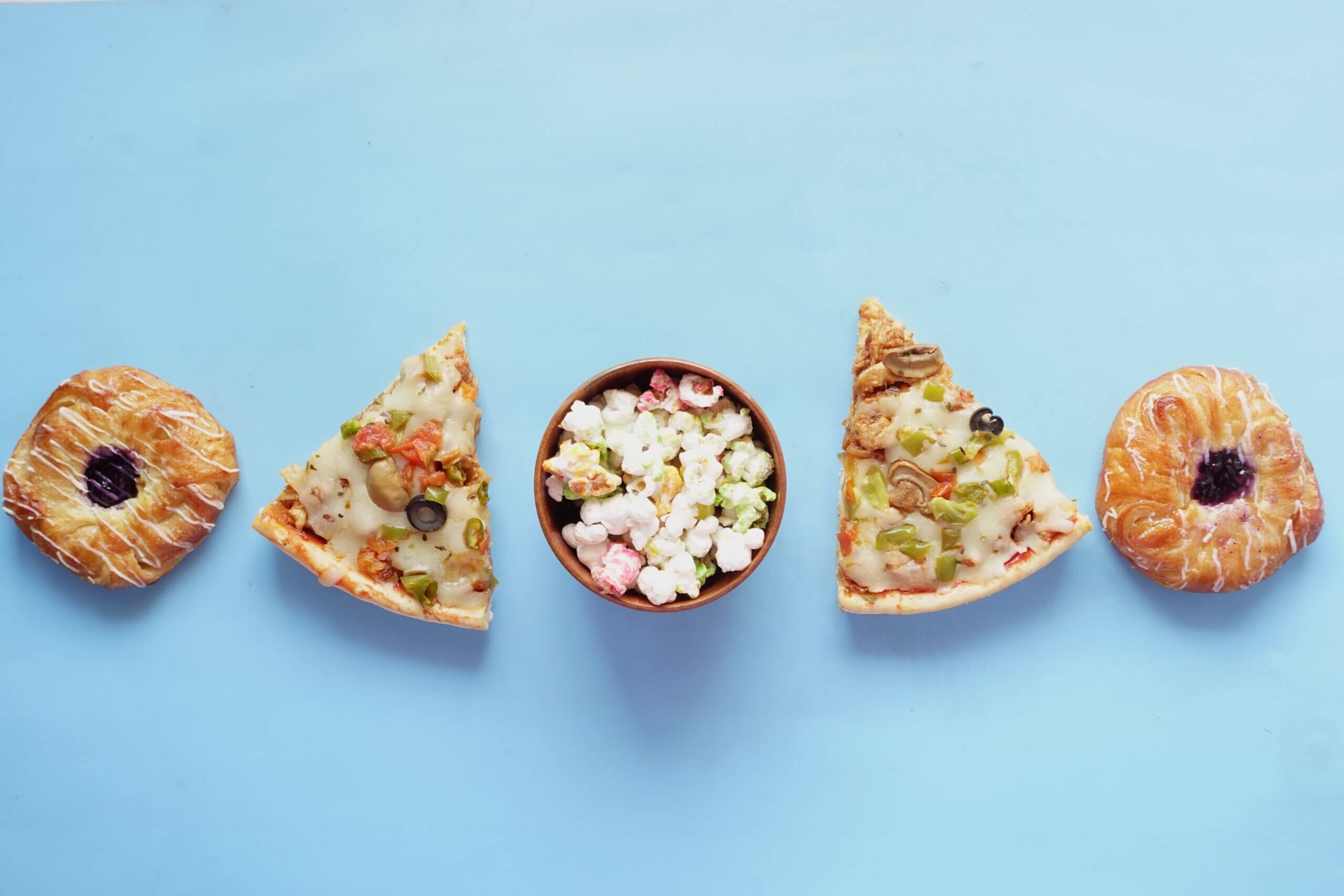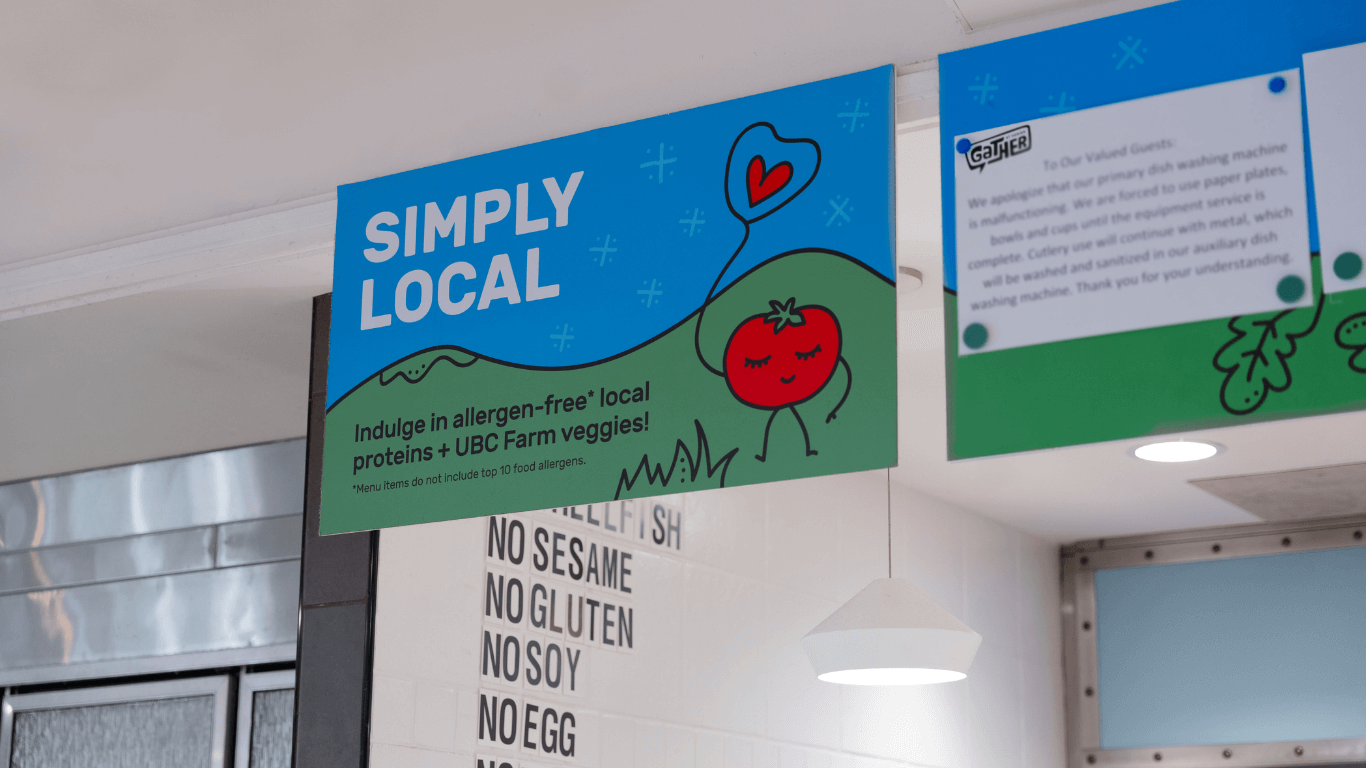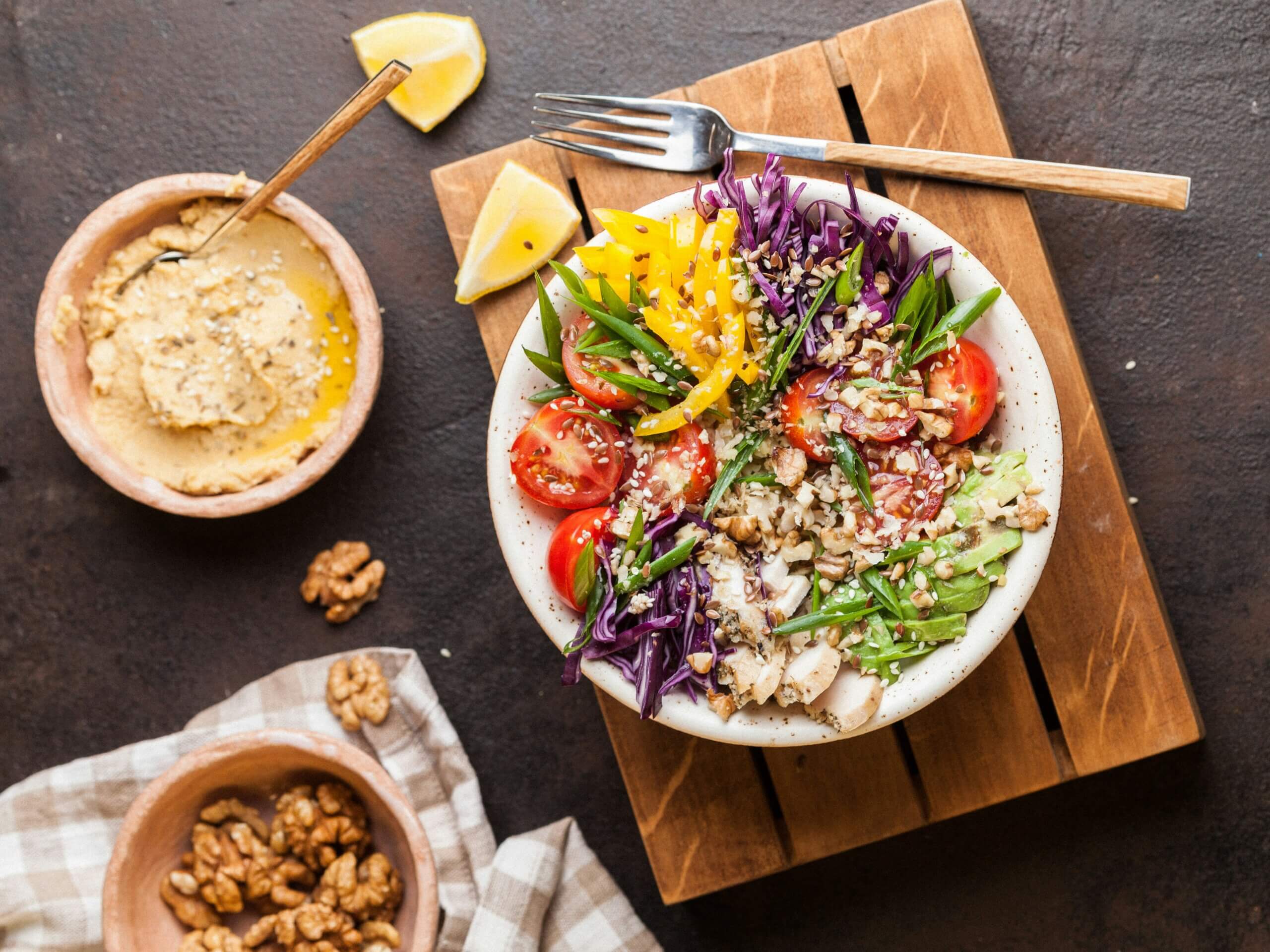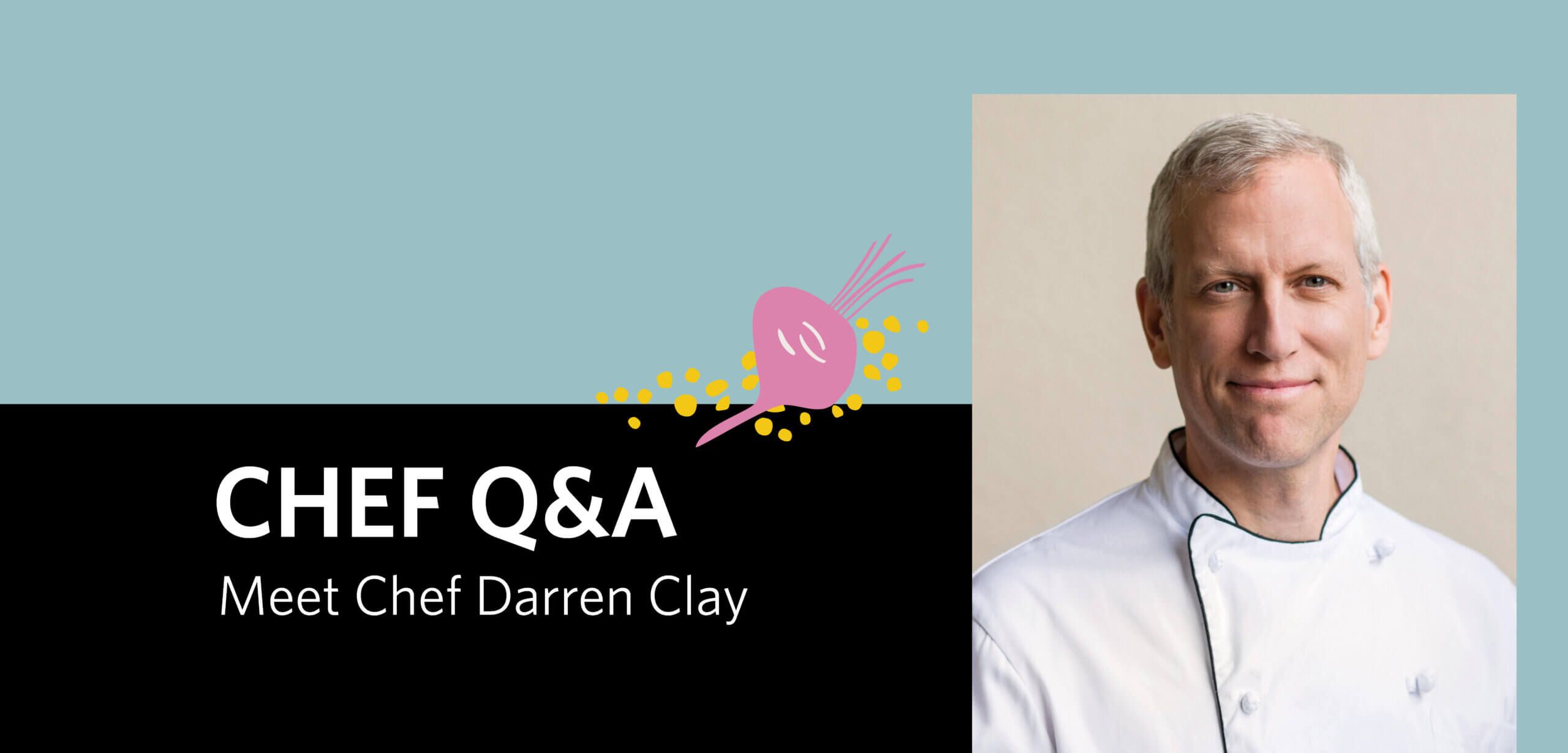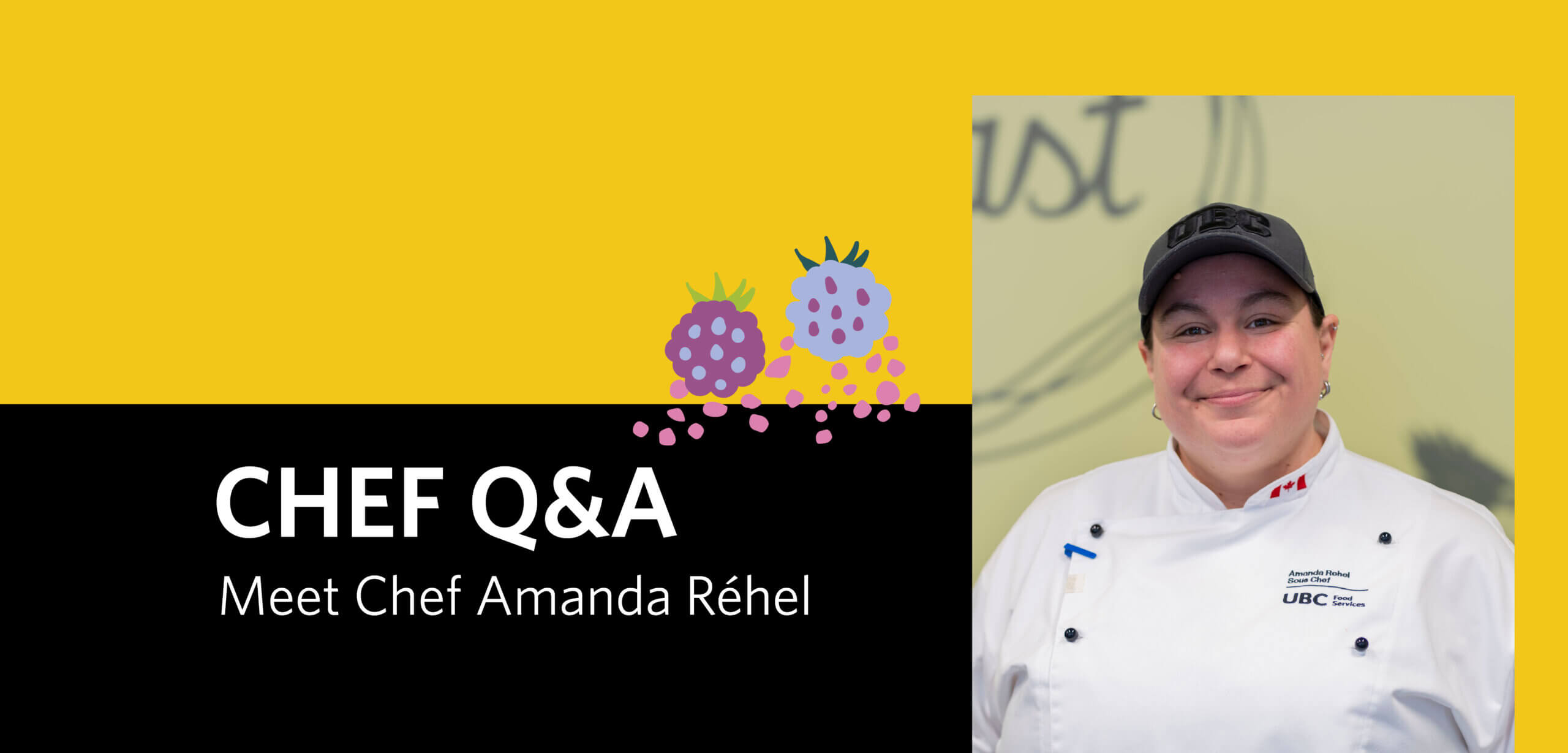Do you find yourself stuck in a cycle of eating too much or little when you are stressed? Are you wondering why this is happening or how you can combat it? Keep on reading to learn more about what stress eating is and how we can respond to it.
What is Stress Eating?
Stress eating is over- or undereating in response to the emotional stress in life.
Reasons why it may occur:
- External influences and stressors in our life
- When our relationship with food is not as strong
- Lack of support or connection to resources
- When we use food as the main/only way to cope with our emotions
How to prevent it from occurring:
- Healing our relationship with food
- Being more mindful and making more intuitive food decisions
- Add in regular self-care and de-stressing activities in life that bring us joy
- Find support and take advantage of resources available
How Do I Respond to Stress Eating?
Here are 4 ways that you can respond to stress eating:
Gentle Nutrition
Perhaps you have found yourself stress eating lately or maybe for many years with or without realizing it. A first step you can take to help respond to stress eating is slowly healing your relationship with food and being kind to yourself and your body.
There are many different reasons why we eat. Food does not just provide us nourishment in physical or nutritional means, but it is also nourishment in the form of culture, traditions, social, mental, emotional, memories, etc.
In fact, it is okay to eat based on our emotions, but the issue lies when we use food as the only way to cope with our emotions.
Going out for ice cream with friends to celebrate after an exam. Having a warm hearty bowl of noodle soup that you grew up having when you are feeling down. Celebrating your culture with traditional snacks. These are all examples of ways of how food provides us with different forms of nourishment.
Finding balance is important. Enjoy food for what it is. Take small steps and focus on progress, not perfection. Overtime, those small steps will become larger strides.
Use Balanced Meals as a Foundation
Aim to eat regular and balanced meals to serve as a strong foundation. This can help to provide you with the nutrition you need in a day to energize you, fuel your brain and support your mental health.
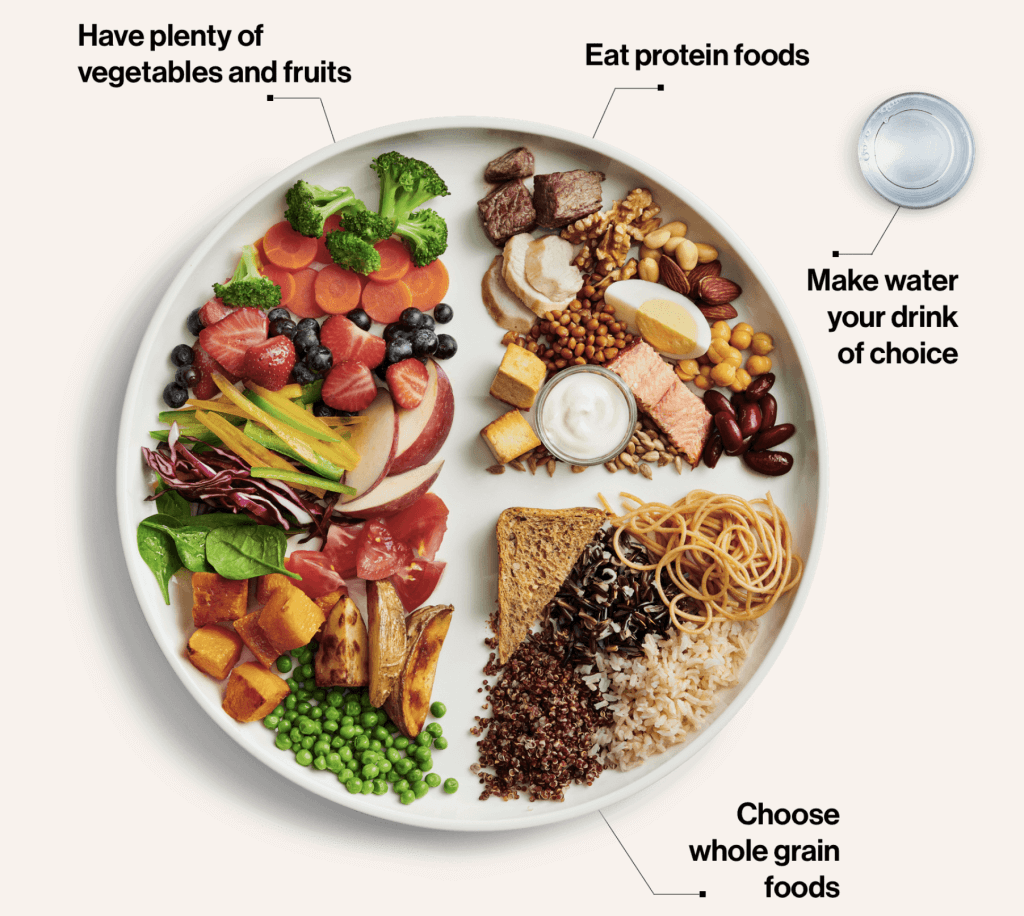
At meal times, fill half of your plate with non-starchy vegetables and fruit, quarter of your plate with whole grains or starchy vegetables (like potatoes, sweet potatoes, squash, corn, peas) and last quarter with plant-based protein (legumes, nuts, seeds) or animal-based protein (fish, meat, eggs, dairy).
Choose options you like in each category and adapt the plate to your culture and traditions.
Make Mindful and Intuitive Food Decisions
Remove the guilt that comes with eating certain foods and give yourself permission to enjoy all foods. There is no "good" or "bad" foods. Remember to practice gentle nutrition, honour all the reasons why we eat and understand all food provides us with some kind of nourishment.
Get to know your body in new ways and tune into your hunger and satiety cues. Limit distractions and be present in the moment when eating. Aim to eat until you are about 7-8/10 full, as this helps us to respond to our needs that change on a daily basis. Take at least 20-30 minutes to finish a meal, as this is the amount of time it takes your stomach to send signals to your brain that you are full. If you are struggling with low appetite and unable to tune into your hunger and satiety cues, please connect with a registered dietitian to support you.
Stop often and reflect on your thoughts about food in a non-judgmental, kind and gentle way. You can reflect any time of the day or even before, during or after a meal. Ask yourself questions like:
- Are there any feelings or emotions present?
- Did I skip a meal or forget to eat today?
- Did I eat over comfortable fullness level?
- Is there anything I can add to my meal to make it more balanced?
- How can I be kind to myself and my body at this moment?
- How can I best prioritize myself and my needs at this moment?
Learn more about intuitive eating here to help you further heal your relationship with food.
Cope with Stress in Other Ways Than Just Food
Remember it is not bad to cope with our stress with food, we just want to be mindful of other ways we can cope. Just like how we eat food regularly, we want to add de-stressing and self-care activities that we enjoy in our lives regularly.
What are some ways that you find helpful to cope with your emotions other than through food?
Here are some ideas to get your started:
- Journaling
- Spending time with friends
- Warm hugs or a good cry
- Attending fun events on campus
- Relaxing over a cup of tea
- Colouring
- Taking a walk
- Stretching or yoga
- Knitting
- Reading a book
- Skincare routine
Here are 10 additional ways you can cope with stress other than through food.
Takeaway
Stress eating is something we all experience and a normal part of life. Know you are not alone in this and many struggle with the same concern. Start with strategies like gentle nutrition, use balanced meals as a foundation, learn to slowly make mindful and intuitive food decisions, and add regular de-stressing activities in your life. If you are living in residence and would like further support, please contact our residence dietitian.
